Introduction
Parenting a child with dyslexia involves unique challenges and opportunities. This post explores effective strategies and resources to support your child's learning and development, helping them thrive both academically and personally.
Understanding Dyslexia
What is Dyslexia?
Dyslexia is a specific learning disability that affects reading, spelling, and writing abilities due to difficulties in phonological processing.
Signs and Symptoms of Dyslexia
-
Reading Difficulties: Struggling to read fluently and accurately.
-
Spelling Issues: Frequent spelling mistakes and difficulties.
-
Writing Challenges: Problems with organizing thoughts and writing coherently.
Supporting Your Child's Learning
Effective Teaching Strategies
Adapting teaching methods to suit your child's learning style can significantly improve their academic performance.
Multisensory Instruction
-
Phonics-Based Programs: Use programs that combine visual, auditory, and kinesthetic learning.
-
Interactive Activities: Incorporate hands-on learning activities to reinforce concepts.
Reading Interventions
-
One-on-One Tutoring: Provide personalized tutoring to address specific reading challenges.
-
Assistive Technology: Utilize technology, such as text-to-speech software, to aid reading.
Emotional and Social Support
Building Self-Esteem
Encourage and support your child to build their confidence and resilience.
Positive Reinforcement
-
Celebrate Achievements: Recognize and celebrate your child's successes, no matter how small.
-
Encouragement: Provide consistent encouragement to boost motivation and self-esteem.
Peer Support
Encourage participation in groups or activities where your child can connect with peers who have similar experiences.
Collaborating with Schools
Partnering with Educators
Work closely with teachers and school staff to create an effective learning plan for your child.
Individualized Education Plans (IEPs)
-
Custom Plans: Develop and implement IEPs tailored to your child's specific needs.
-
Regular Reviews: Regularly review and adjust IEPs to ensure they remain effective.
Resources and Support
Professional Help
Seek support from professionals, such as educational psychologists and reading specialists.
Support Organizations
-
Dyslexia Advocacy Groups: Join organizations that provide resources and advocacy for dyslexia.
-
Online Communities: Participate in online forums and support groups for parents of children with dyslexia.
Conclusion
Parenting a child with dyslexia involves understanding their unique challenges and providing tailored support to help them succeed. By implementing effective teaching strategies, offering emotional support, and collaborating with educators, you can empower your child to reach their full potential and thrive in all areas of life.


